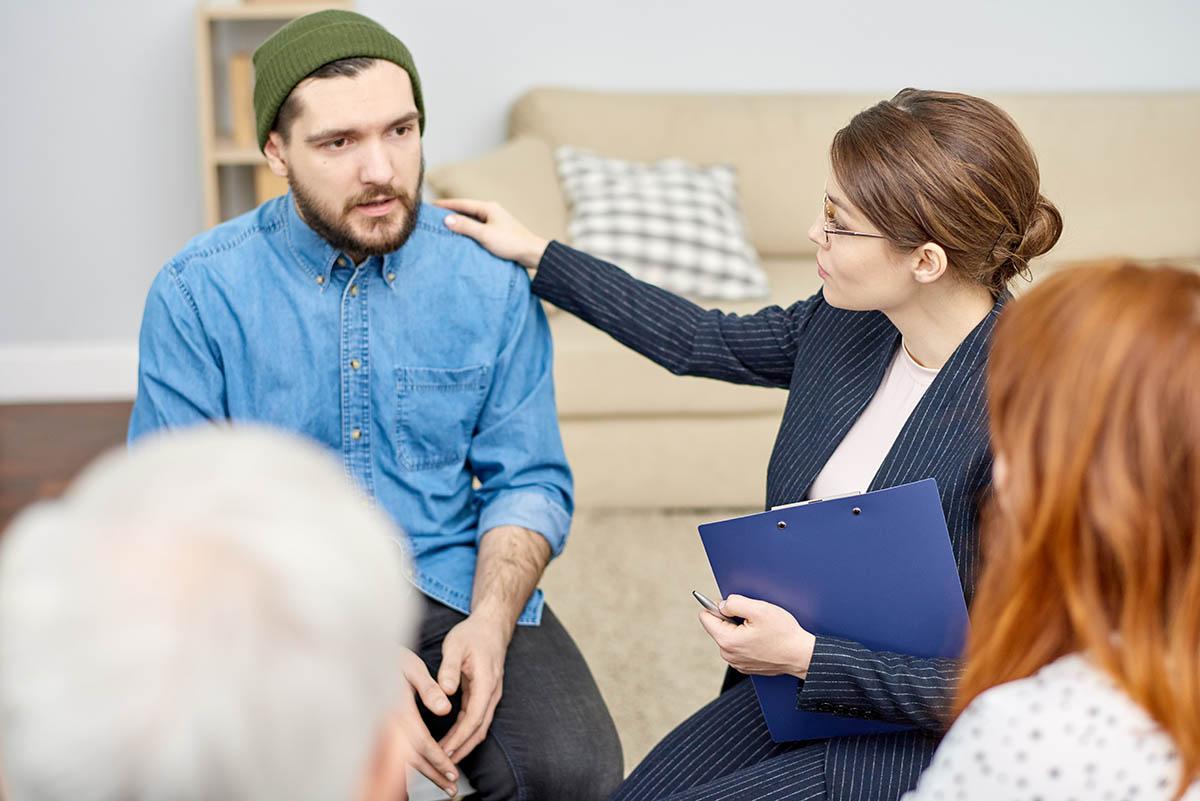Eating disorders are complex and multifaceted conditions that affect individuals in deeply personal ways. They can take a toll on both physical and mental health, leading to severe consequences if left untreated. In Los Angeles, a city known for its fast pace and emphasis on appearance, the prevalence of Eating Disorder Rehab Los Angeles is a growing concern. However, the good news is that the city offers a wealth of specialized care through eating disorder rehabilitation centers, providing individuals with the support and tools necessary for lasting recovery.
Eating disorder rehab centers in Los Angeles offer a comprehensive approach to treatment, addressing not just the symptoms of the disorder but also the underlying emotional, psychological, and societal factors that contribute to the development of disordered eating behaviors. Whether it's anorexia, bulimia, or binge eating disorder, these centers recognize the importance of personalized care to cater to each individual's unique struggles and needs.
A significant strength of eating disorder rehab in Los Angeles lies in the variety of treatment modalities offered. These centers provide a blend of evidence-based therapies, such as cognitive-behavioral therapy (CBT) and dialectical behavior therapy (DBT), alongside alternative therapies like art therapy, yoga, and mindfulness practices. This holistic approach helps patients confront their eating behaviors while also working on emotional regulation, self-esteem, and body image issues that often fuel these disorders.
The city’s rehab centers also emphasize the importance of a multidisciplinary team of professionals, including therapists, dietitians, medical doctors, and psychiatrists. This collaborative approach ensures that individuals receive well-rounded care, addressing all aspects of their health—mental, physical, and nutritional. By working with a team of experts, patients gain a deeper understanding of their condition and receive tailored interventions that support long-term healing.
In Los Angeles, eating disorder rehab centers often provide a range of treatment intensities, from inpatient programs to intensive outpatient and partial hospitalization programs. This flexibility allows individuals to choose the level of care that best suits their needs, whether they require round-the-clock supervision or a more flexible approach that accommodates their daily responsibilities.
Moreover, many of the city's eating disorder rehab centers offer specialized programs for different populations, such as adolescents, men, and those dealing with co-occurring mental health conditions like anxiety or depression. This ensures that patients receive care in an environment that is both supportive and appropriate for their stage of life and individual challenges.
The therapeutic environment within these centers plays a crucial role in the recovery process. Many centers are located in serene settings that provide a calm, welcoming atmosphere—an essential component for those seeking to heal from the stress and turmoil that eating disorders often bring. Whether situated in quiet residential areas or surrounded by the natural beauty of Los Angeles, these centers offer a space where patients can focus solely on their recovery journey.
Equally important is the emphasis on aftercare and long-term support. Recovery from an eating disorder doesn’t end when treatment concludes. To help prevent relapse and ensure lasting recovery, many rehab centers offer ongoing support through aftercare programs, including outpatient therapy, group support sessions, and continued nutritional counseling. This ongoing care helps individuals integrate the skills they've learned into their everyday lives and continue building a healthy relationship with food and their bodies.
For those in Los Angeles struggling with an eating disorder, the path to recovery is accessible. With specialized care, compassionate treatment teams, and a wide range of therapeutic options, eating disorder rehab centers in the city offer hope for lasting recovery. They provide individuals with the tools to not only heal from the disorder itself but to rebuild their self-esteem, establish healthy habits, and lead a fulfilling life beyond their eating disorder.



